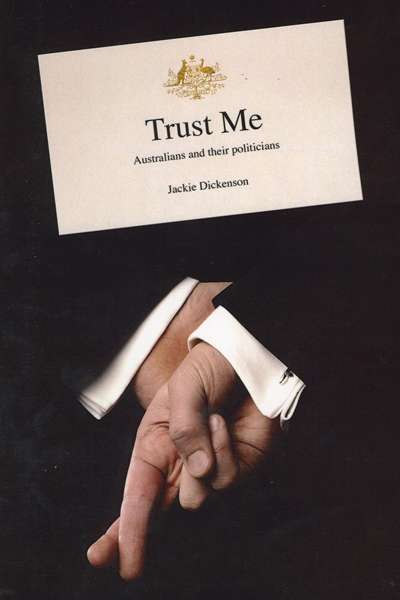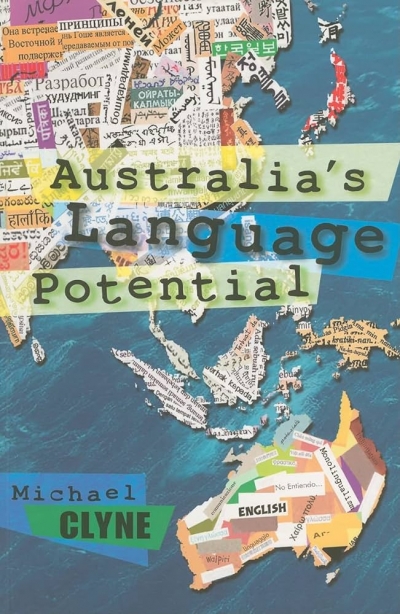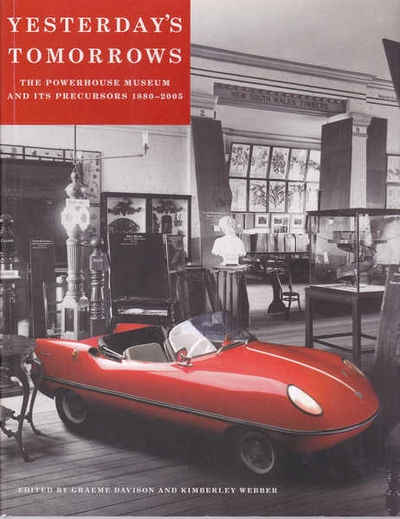University of NSW Press
Trust Me: Australians and their Politicians by Jackie Dickenson
by Russell Marks •
Culture Crisis: Anthropology and Politics in Aboriginal Australia edited by Jon Altman and Melinda Hinkson
by David Trigger •
Australia's Language Potential by Michael Clyne
by Bruce Moore •
Yesterday's Tomorrows: The Powerhouse Museum and its precursors 1880-2005 edited by Graeme Davison and Kimberley Webber
by John McPhee •



